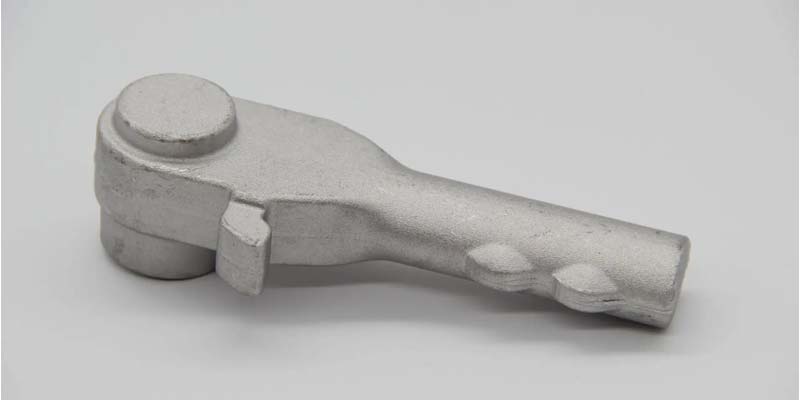- Contact Innally, Let you purchase forgings in China more favorable prices, products more assured!
- Hotline:+(86)15038323776 Email:innally@innally.com
What are the materials of thermal power forging?
- Category: Aluminium alloy forging, Nuclear power forging
- |
- Date: 25/10/2023
there are many kinds of materials for thermal power forgings, and different materials have different characteristics, so it is necessary to choose the appropriate material according to the specific application scenario. At the same time, in order to ensure the quality and safety of thermal power forgings, strict quality control and management need to be carried out in the production process.
Product Details
There are many kinds of materials for thermal power forgings, including carbon steel, alloy steel, stainless steel and so on. These materials have different physical and chemical properties and are suitable for different thermal forging manufacturing and application scenarios.
- Carbon steel
Carbon steel is an iron-carbon alloy containing a certain amount of carbon, which is one of the most commonly used materials in thermal power forgings. According to the different carbon content, carbon steel can be divided into low carbon steel, medium carbon steel and high carbon steel. Low carbon steel has low carbon content and good plasticity and toughness, which is suitable for forging with complex shape and good plasticity. Medium carbon steel and high carbon steel have higher carbon content, higher strength and hardness, and are suitable for manufacturing forgings that need to bear larger loads.

Second, alloy steel
Alloy steel is to add a certain amount of alloying elements (such as chromium, nickel, molybdenum, etc.) to carbon steel to improve its strength, hardness, corrosion resistance and other properties. Alloy steel is widely used in the manufacture of thermal power forgings, suitable for the manufacture of forgings requiring good corrosion resistance and high temperature properties, such as boiler pipes, turbine blades, etc.
Three, stainless steel
Stainless steel is an alloy steel containing a certain amount of chromium, which has good corrosion resistance and high temperature properties. Stainless steel is mainly used in the manufacture of thermal power forgings that need to withstand high temperatures and corrosive media, such as chemical equipment and nuclear power equipment.
- Other materials
In addition to the above common materials, there are some special materials, such as heat-resistant steel, stainless steel composite plate, etc., with more special physical and chemical characteristics, suitable for some specific occasions of thermal power forging manufacturing.
In summary, there are many kinds of materials for thermal power forgings, and different materials have different characteristics, so it is necessary to choose the appropriate material according to the specific application scenario. At the same time, in order to ensure the quality and safety of thermal power forgings, strict quality control and management need to be carried out in the production process.
nannan
INNALLY website editing, to provide you with forging related information
Related Products
Search
Forging center
- Steel forgings
- Aluminium alloy forging
- Titanium alloy forging
- Stainless steel forging
- Copper forging
- Automotive forgings
- Locomotive forging
- Bicycle forgings
- Motorcycle forging
- Rigging and fasteners
- Bearing forging
- Electric power fittings
- Marine forging
- Mechanical forgings for metalworking
- Mining machinery forgings
- Marine engineering forgings
- Construction machinery forgings
Popular product

© 2025. All Rights Reserved.






